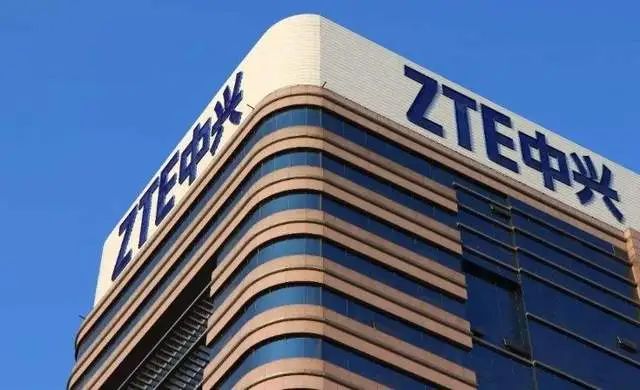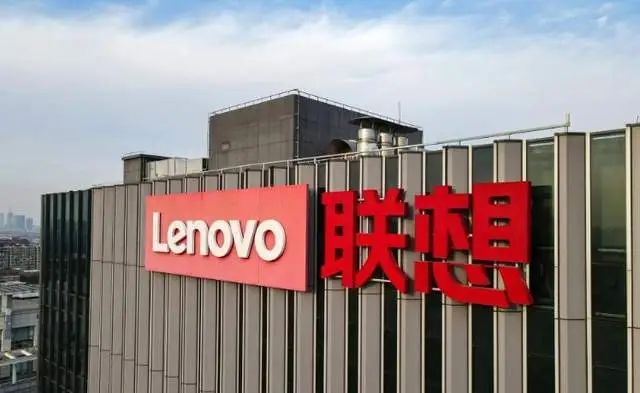Call for ZTE to open patent licensing nationwide for free to support domestic innovation, do you support it?
![]() 11/01 2024
11/01 2024
![]() 639
639
On October 21, Lenovo filed a lawsuit against ZTE for patent infringement in the High Court of England and Wales, sparking heated discussions among netizens.
On October 30, ZTE responded online, expressing respect despite the difficulty in understanding the situation.
By this point, the public's attention had been fully captured by the two major companies. The reason behind the legal battle between Lenovo and ZTE has also become a hot topic of discussion among netizens recently.
01
The Importance of Patents to ZTE
Relevant reports indicate that as of the first half of 2024, ZTE held approximately 91,500 global patent applications and about 46,000 global authorized patents. In the high-value chip and AI fields, ZTE held approximately 5,400 patent applications and over 2,000 cumulative authorized patents, and about 5,000 patent applications and over 2,000 cumulative authorized patents, respectively. Additionally, ZTE has continuously disclosed 5G standard-essential patents to ETSI, ranking among the top five globally in terms of the number of valid patent families.

For ZTE, these valuable intangible assets are not only worth over 45 billion in total but are also expected to generate revenue of 4.5 to 6 billion for the company from 2021 to 2025. This is why ZTE was reluctant to make concessions during previous negotiations.
In ZTE's response letter, they expressed their stance in the following words.
Below is the original text of the response letter:
ZTE respects the value of intellectual property rights, respects the innovation of others, protects its own innovation, insists on promoting the establishment of a reasonable, fair, and impartial patent licensing system, and insists on achieving a positive cycle of technological innovation through reasonable returns.
In fact, this is not the first time ZTE has taken a tough stance on patent issues.
As early as 2021, ZTE sued Chinese companies such as Tianlong Mobile Technology Co., Ltd. in the Shenzhen Intermediate People's Court regarding the confirmation of licensing fees for 4G standard-essential patents (SEP). Additionally, media reports have revealed that ZTE and its third-party entities that have divested patents have been involved in litigation disputes with Xiaomi, Huawei, OPPO, vivo, and other manufacturers.
02
Less Conspiracy Theories in Disputes Between Major Companies
The core of the dispute between Lenovo and ZTE lies in the fact that both parties have allowed each other to use their patents, but they have never reached an agreement on benefit distribution.

Lenovo's decision to file a lawsuit against ZTE for communication patents related to mobile terminals is likely due to years of unsuccessful negotiations, leading them to believe that effective communication with ZTE is no longer possible. Therefore, they resorted to legal means to seek a ruling and demonstrate a counterattack.
Lenovo's actions are not difficult to understand.
As the world's eighth-largest smartphone vendor and the fastest-growing brand among the global top 10, every day delayed by patent negotiations sets Lenovo's product development back by a day. Moreover, they have just achieved the highest quarterly sales ever, and their PC business topped the market with a 22.7% share in the second quarter. At this critical juncture, Lenovo is more eager than ever to accelerate its research and development to defend its market share.
At this critical juncture, Lenovo's decision to sue ZTE may not only reduce patent licensing fees, helping it save costs in product research and development and production, but may also enhance its brand recognition in the UK market, providing a reputation foundation and brand competitiveness for Lenovo's subsequent expansion into overseas markets and strengthening of the UK market.
03
When Will Lenovo and ZTE Resolve Their Dispute?
In the long run, conflicts between Lenovo and ZTE, both major players in the communications and digital fields, cannot persist forever. The final outcome of this lawsuit is likely to be a settlement after both sides have expended significant human and time resources. Rather than wasting resources on a protracted legal battle, Lenovo and ZTE would be better off engaging in pretrial mediation now to find a mutually satisfactory solution through cross-licensing of technology.
As the saying goes, "A single flower does not make spring, but many flowers together create a garden in full bloom." Now that the situation has reached this point, ZTE might as well take advantage of the current popularity to form a "patent licensing alliance." By freely licensing its patents to domestic small and medium-sized enterprises, ZTE can jointly venture abroad and confront American companies like Qualcomm head-on.
After all, in this globalized market environment, closing oneself off will only lead to isolation. Rather than frequently trending on social media due to "patent disputes," it would be better to focus on long-term benefits, unite those around you, and embark on a path of sustainable development.
Call for ZTE to open patent licensing nationwide for free to small and medium-sized enterprises to support domestic innovation, do you support it? What do netizens think?
Reference:
Daily Economic News: ZTE Responds to Lenovo's Overseas Patent Infringement Lawsuit: Lengthy Negotiations on Patent Licensing with Lenovo
Yema Finance: Lenovo and ZTE Initiate Legal Battle Overseas, Why the Rush to Sue Each Other?




